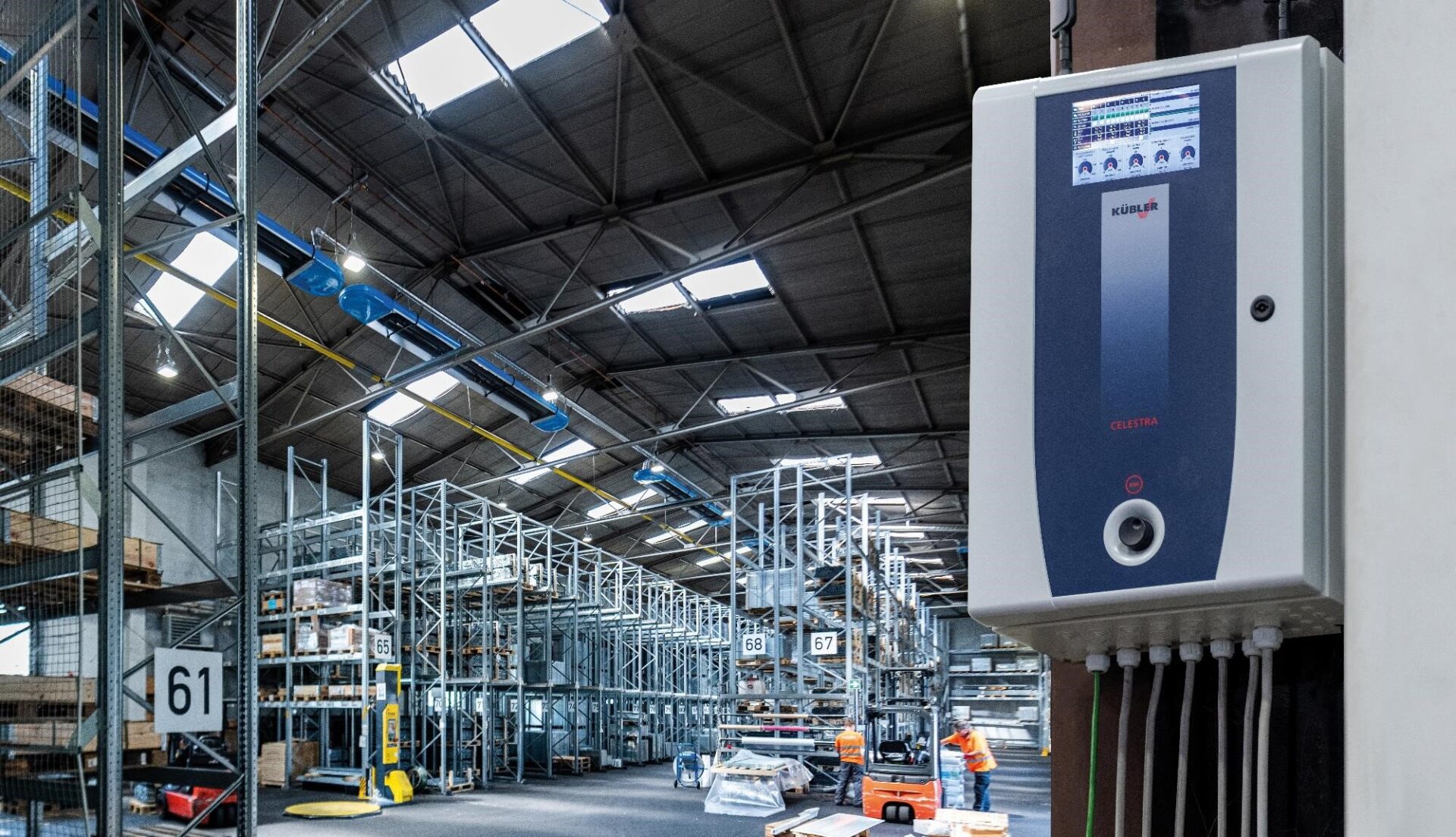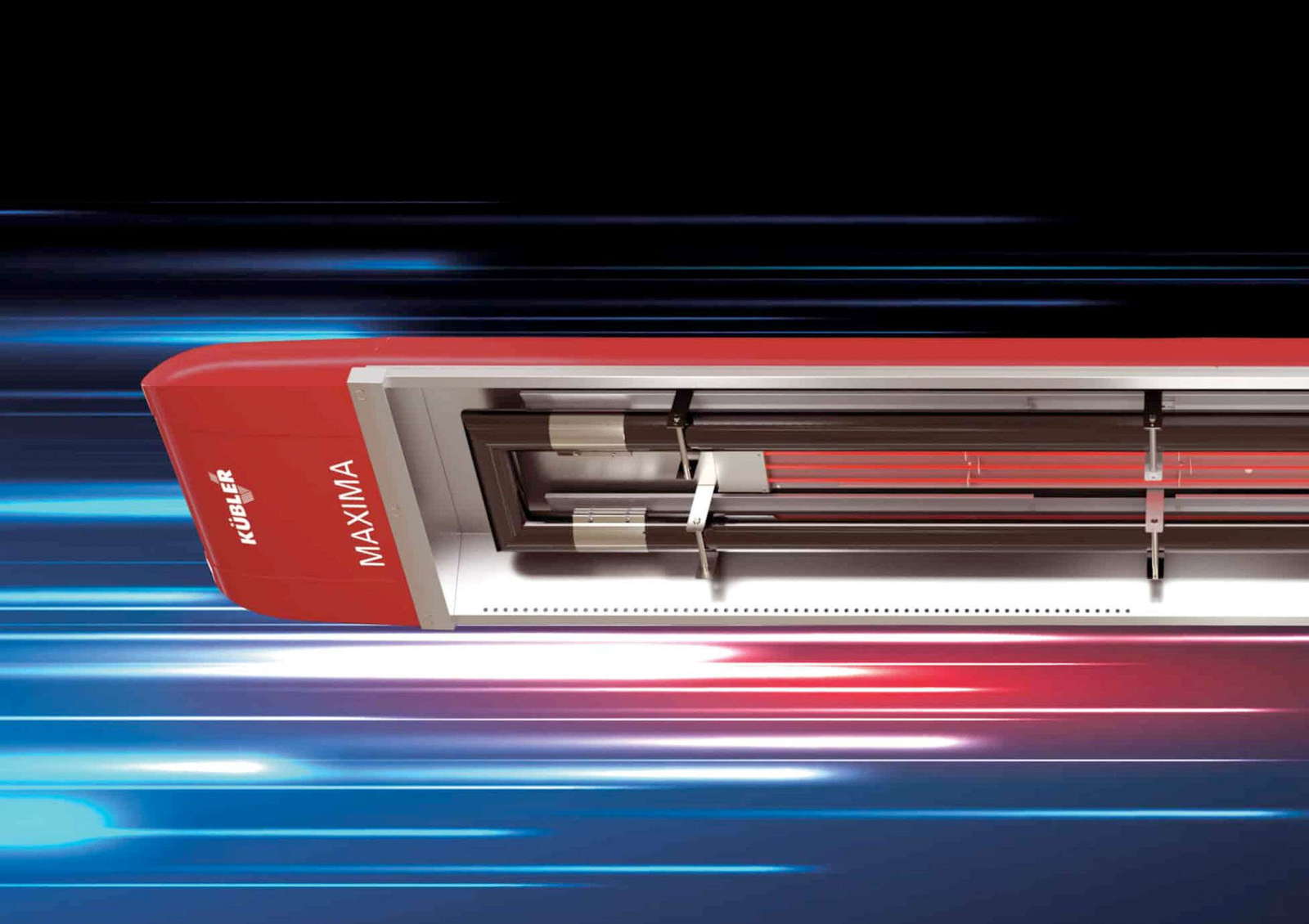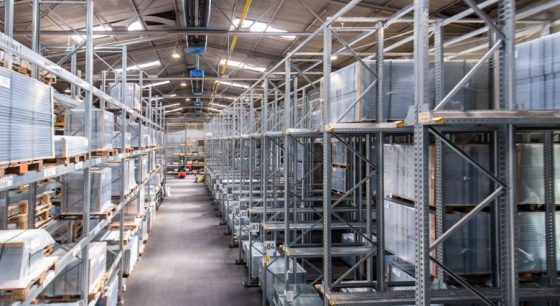How to regulate your hall heating during the Christmas break - and how to cleverly counter rising energy prices
December 21, 2023

Christmas is once again approaching surprisingly quickly - and, unfortunately, one or two challenges are on the horizon. From the next increase in energy prices to the implementation of the GEG amendment. Congratulations if you have already converted your hall heating to an economical system from KÜBLER. This is a really good decision in many respects.
As far as gas and oil prices are concerned, they have eased in recent months. And the price of electricity has also eased compared to the previous year. The discontinuation of the federal subsidy and the increase in the CO2-tax from €30 to €45 per tonne, however, prices are expected to rise sharply in some cases in 2024.
This makes saving energy all the more important. Here are three important expert tips for you:
- Take a close look at the operating times of the hall heating systems and check whether the shift times are still synchronized with the heating times. Every hour of heating that you can save during normal operation is really worthwhile given the high prices.
- Clarify vacation operation during the festive period in good time and use the "Holiday operation" setting on your control unit. You can regulate the heating system down to 8 °C during the Christmas break, provided your general conditions allow this. This temperature is sufficient to ensure that the building does not cool down completely and that the operating temperature can be reached again quickly if required. You can already make the settings for Christmas and the other holidays now.
- Switch back to normal operation at the weekend before starting work. The system will run at the setback temperature according to your settings and resume normal operation on Monday.
Depending on the size of your system, reducing the temperature will save you several thousand euros. A sum that you can certainly budget for in the coming financial year. Perhaps even to celebrate with your employees and raise a glass to the New Year?
If you need help with the settings and have any questions, we will be happy to help you. And if you would like to find out more about temperature reduction and the possibilities of modern heating control, simply contact us. Contact us with us.
☆ We wish you a blessed Christmas season and a happy and successful 2025! ☆
Everything you need to know about energy-saving hall heating systems in practice
Saving energy is a big issue - across all sectors. If you want to put an end to inefficient heating systems, our guide is just right for you!
Request a free guide
You might also be interested in
-
The "Innovative through research" seal is awarded to research-based companies that are committed to a strong innovation location in Germany with their development work. KÜBLER is once again one of these companies and has been awarded the prestigious seal.
-
The energy crisis is currently leaving no one indifferent. Everyone is desperately looking for ways to get consumption and costs under control to some extent. The German government's price brake will not take effect until March 2023, and even then, the prices for 30 percent above the basic quota for industry and 20 percent for small and medium-sized enterprises will still be subject to the wild market conditions next year. So what to do?
-
Do you want to get the most out of your new hall heating system, save energy costs and be prepared for the environmental laws of the future? Then it is advisable to consider a few tips before you buy. Find out which ones in this article.
-
In 2021, the new CO2-tax came into force. It is intended to help Germany achieve its climate protection targets. Read on to find out what this means for your company in terms of costs and what you should do now!







